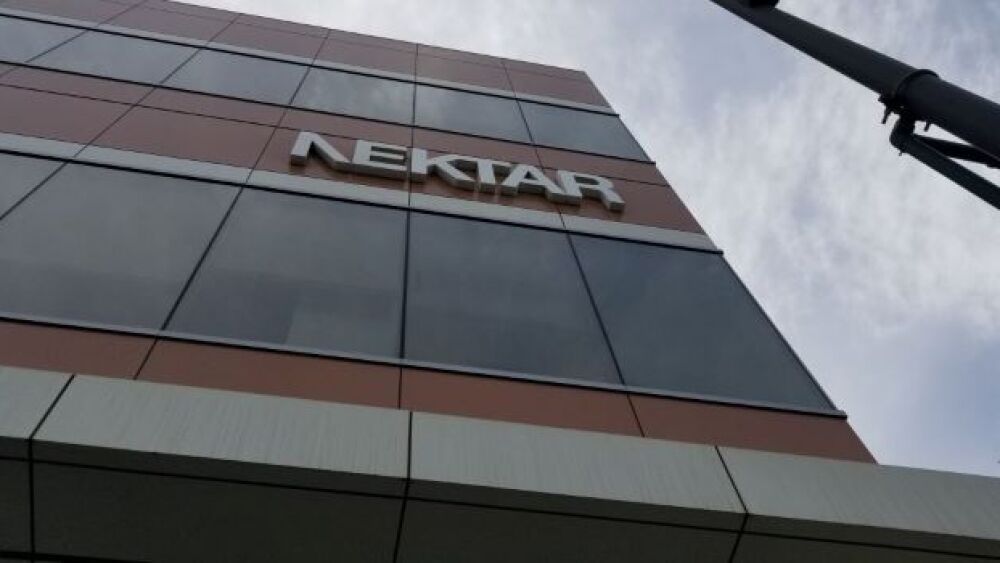The ESMO conference is serving as a post-mortem on the trials that sunk the multi-billion-dollar partnership between Bristol-Myers Squibb and Nektar Therapeutics.
Smith Collection/Gado/Getty Images
The European Society for Medical Oncology (ESMO) conference is serving as a post-mortem on the trials that sunk the multi-billion-dollar partnership between Bristol-Myers Squibb and Nektar Therapeutics.
Investigators will present the data from the failed Phase I/II PIVOT-02 study in metastatic melanoma, which showed Nektar’s bempegaldesleukin (bempeg) appeared to make BMS’s Opdivo (nivolumab) less effective in patients with metastatic melanoma. The data also raised safety concerns.
In 2018, BMS paid Nektar close to $2 billion in cash and promised additional milestone payments that could have made the deal worth $3.6 billion. Instead, the partnership collapsed earlier this year after a Phase III trial missed all three primary endpoints.
In early March, an independent data monitoring committee said the combination failed to meet the primary endpoints of objective response rate (ORR), progression-free survival and overall survival (OS), as evaluated using the Blinded Independent Central Review.
The data disclosed at ESMO showed the overall response to the combination to be 27.7% compared with 36% for Opdivo used alone. The median progression-free rate was 4.17 months for the combination and 4.99 months for the control arm. The median ORR was slightly better with the combination at 29.67 months compared with 28.88 months for Opdivo used alone. However, researchers concluded that the combination provided no additional efficacy.
BMS and Nektar shuttered the program in March. Nektar subsequently cut 70 percent of its workforce and jettisoned the collaboration. In April the companies shut down another development program in bladder cancer and renal cell carcinoma (RCC).
Data from the Phase III PIVOT-9 study of 623 patients with RCC showed the combination of bempeg and Opdivo failed to improve outcomes versus the investigator’s choice of TKI. Primary endpoints for the trial were ORR and OS. At the median duration follow-up of 15.5 months, the ORR for those receiving the combination was 23.0% compared with 30.6% for the control TKI arm. Median OS was 29 months for the Bempeg-Opdivo combination and was not reached for the TKI group.





